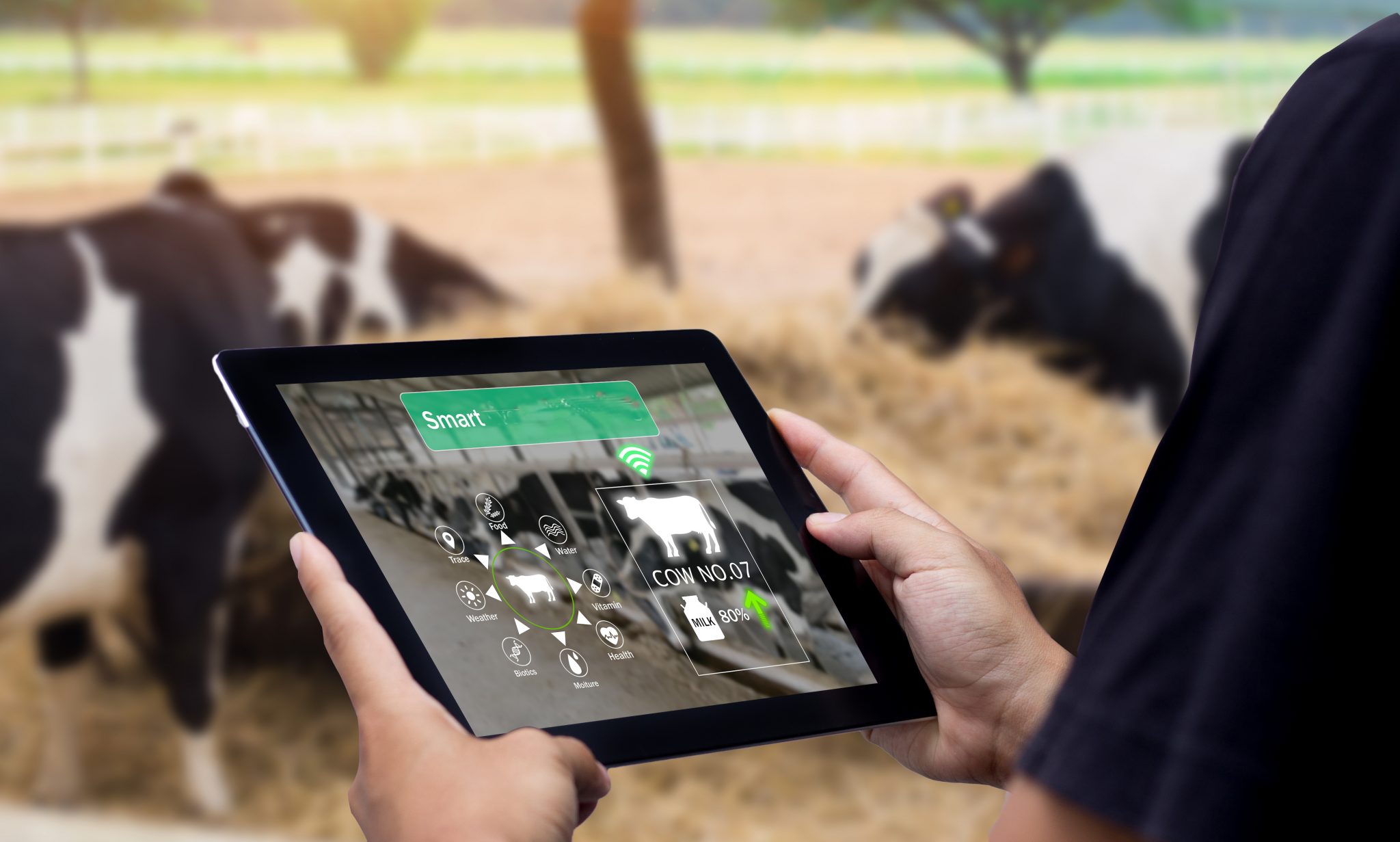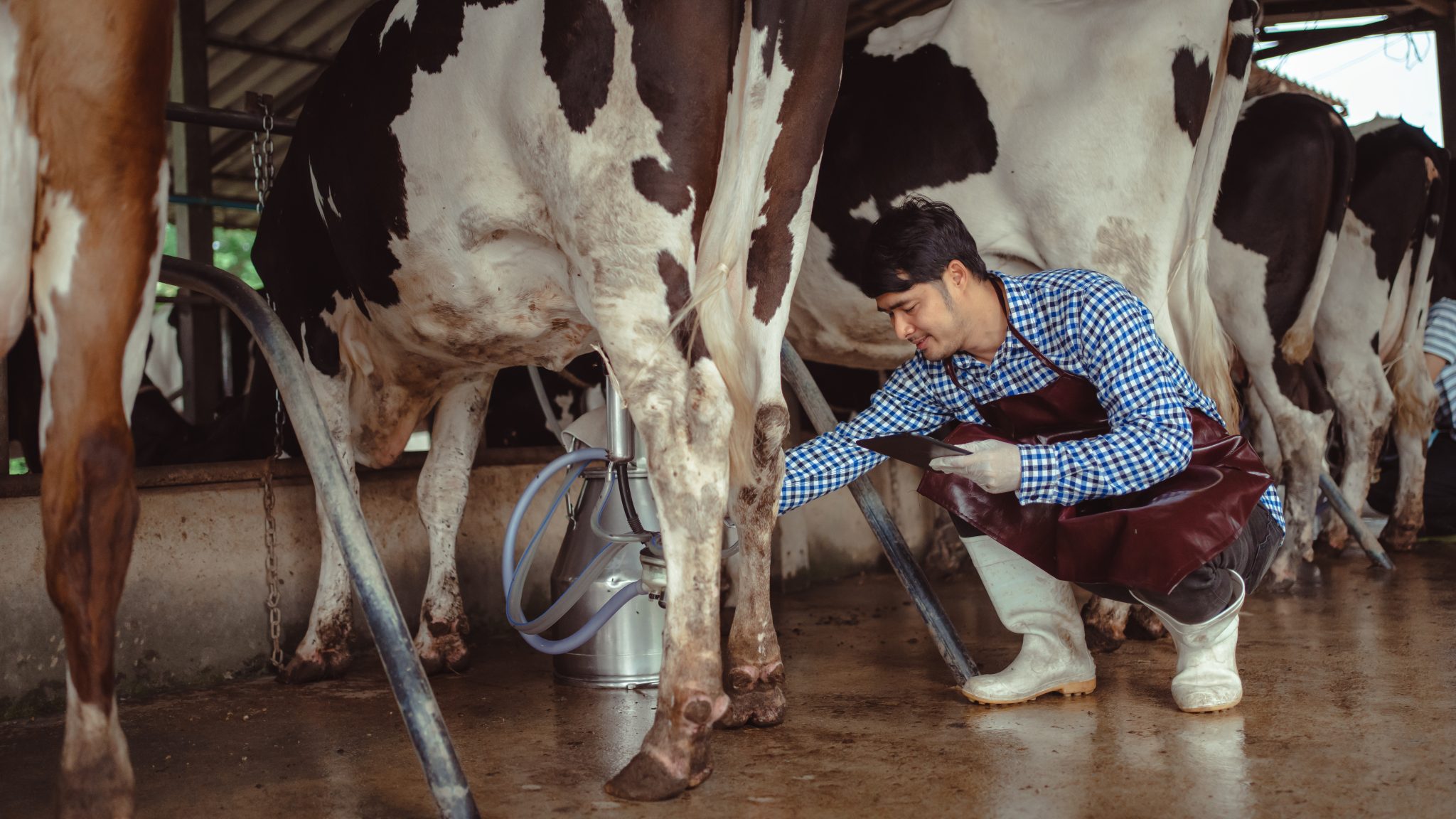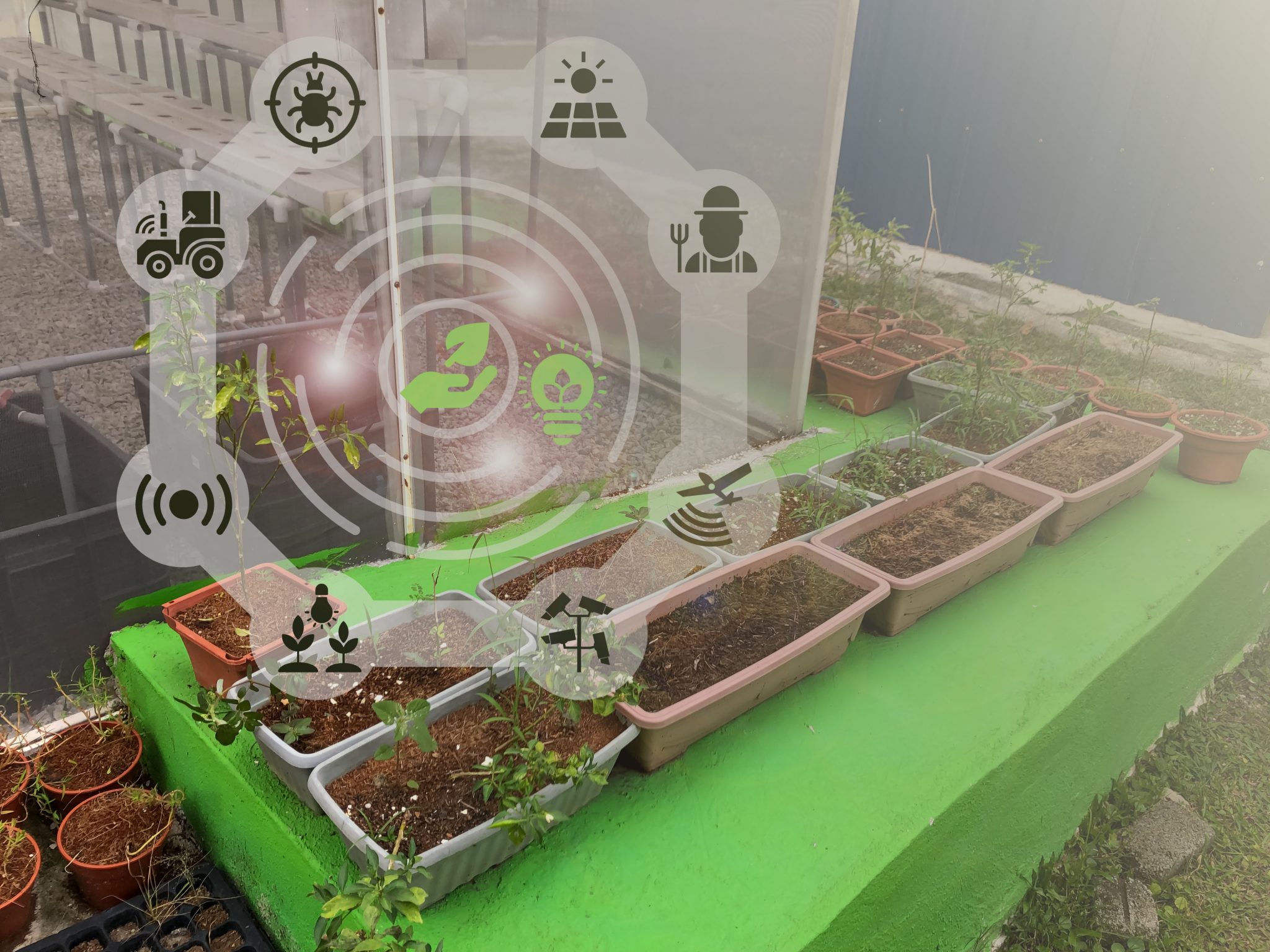
Revolutionizing Dairy Production with Technology
In recent years, advances in technology have transformed the scale, speed, and productivity of dairy operations, turning smart farming from a futuristic concept into a present-day reality. Smart technologies are no longer limited to mere efficiency improvements; they now play a critical role in ensuring the quality, safety, and sustainability of dairy production across the entire value chain—from farming to packaging.
These technologies enable farmers to make educated decisions based on reliable data, optimizing operations in ways that were previously unimaginable. Dairy farms today rely on end-to-end solutions to reduce costs, increase output, and boost sustainability. As dairy production expert Anders Andren, Product Manager at Tetra Pak, notes, “The ability to leverage automation technologies allows for greater production efficiency and ensures better outcomes across the board.”
What is Smart Farming?
Smart farming is a management concept that uses modern information and communication technologies to improve farm productivity and sustainability. In dairy farming, this often includes automation, sensors, and processing technologies that allow for precision farming—enabling farmers to monitor and optimize key factors such as animal health, feed, manure management, energy, water use, soil quality, and overall productivity.
For example, automation technologies can help dairy farmers monitor cow health, milk production, and environmental conditions. This reduces the need for manual labor while also allowing farmers to intervene promptly when issues arise. In the words of Anders Andren, “Those utilizing automation technologies can remove much of the mundane work involved in the milking process, freeing up time for effective farm management and increasing overall production efficiency.”

Optimizing Dairy Production Through Smart Technologies
In dairy farming, the integration of smart technologies ensures higher productivity and better animal welfare. Monitoring feed intake, cow health, manure management, and environmental factors such as ventilation can significantly improve herd conditions. Poor milking procedures can stress cows, negatively impacting both the quantity and quality of the milk they produce. Ensuring cow comfort through smart systems that adapt to the needs of the animals is critical for maintaining high-quality milk yields.

Beyond the farm, technology plays a pivotal role in the production and processing stages. Take, for instance, the role of ultra-high temperature (UHT) treatment in producing ambient dairy products. High-quality dairy products depend on precise heat treatment to ensure commercial sterility without compromising flavor or nutritional value. As Andren points out, “Producers need to leverage highly efficient UHT technology to secure consistent product quality while reducing product losses and water consumption.”
Sustainability and Cost Efficiency
In an industry with ever-increasing pressure to reduce environmental impact, smart farming technologies also offer a way to enhance sustainability. The ability to recover heat energy during processes like indirect UHT treatment makes it a cost-effective option for maintaining high product quality while reducing energy consumption. In addition, connected technologies help dairy farmers monitor energy and water usage, optimize resource efficiency, and cut down on waste, aligning with broader sustainability goals.
By shifting to connected technologies, dairy farmers are also improving their resilience and competitiveness in an increasingly demanding market. These technologies provide farmers with the tools to not only increase production efficiency but also to maintain profitability in the face of market fluctuations and rising operational costs.

Smart farming is transforming the dairy industry by providing a holistic view of the entire value chain and enabling precision agriculture through reliable data.
Automation technologies allow farmers to proactively manage key variables, from animal health to processing efficiency, ensuring that they remain competitive while also enhancing sustainability.
For dairy farmers, smart technologies are no longer optional—they are essential for staying ahead. As the global demand for high-quality dairy products grows, the adoption of smart farming techniques will only increase, driving the industry toward a more efficient, profitable, and sustainable future.
IS360 Can be Reached at
Sharing is caring!

